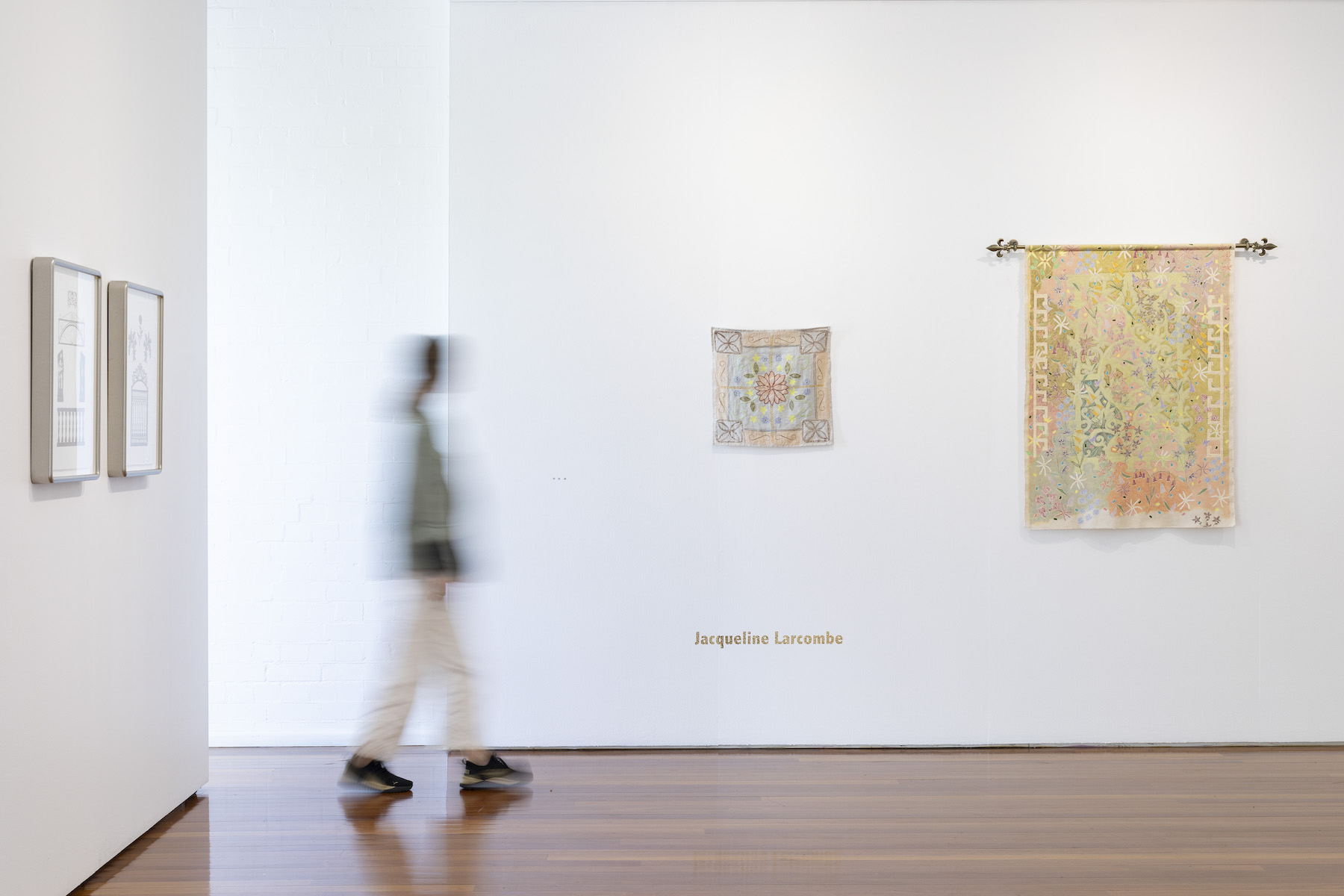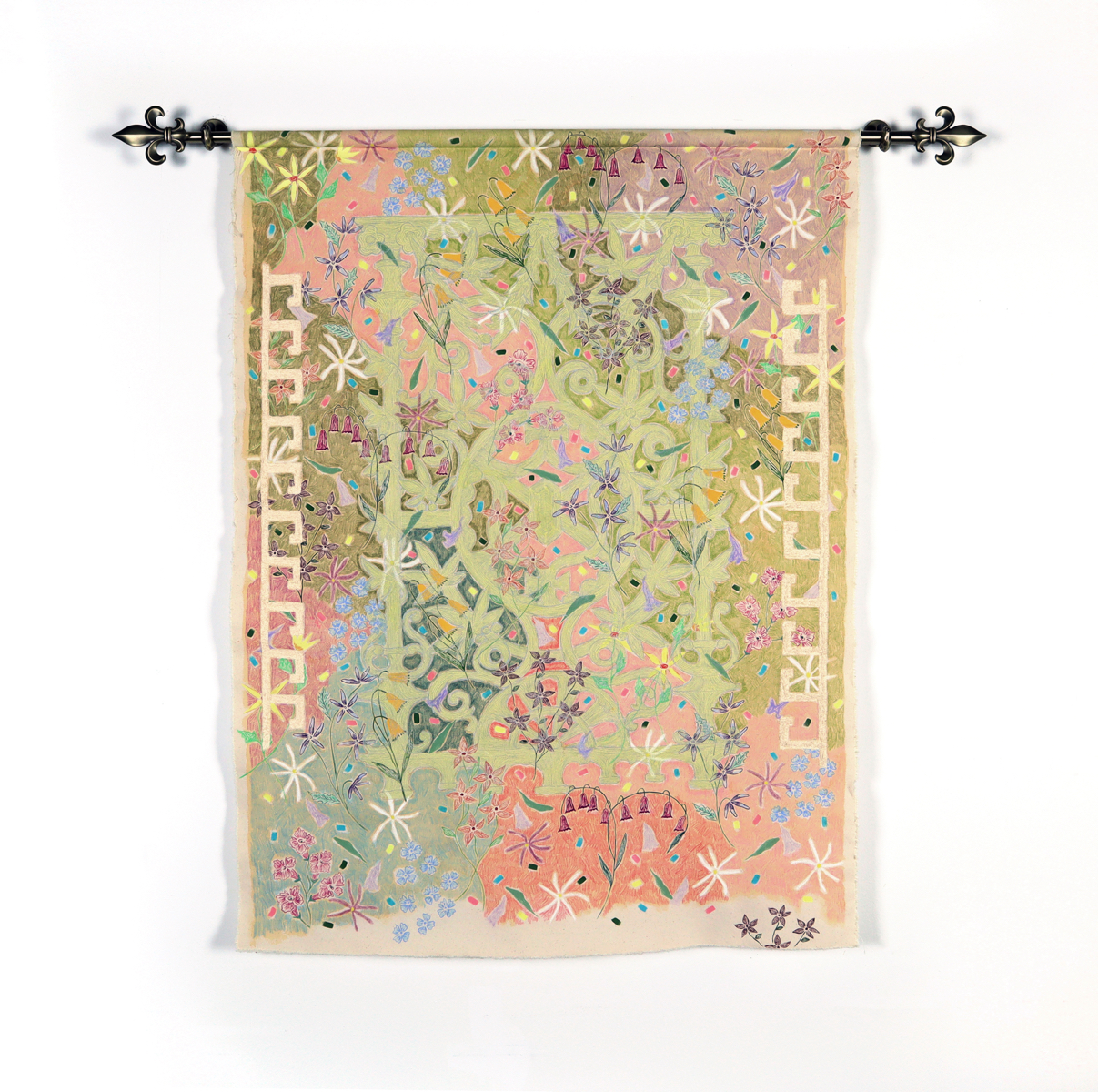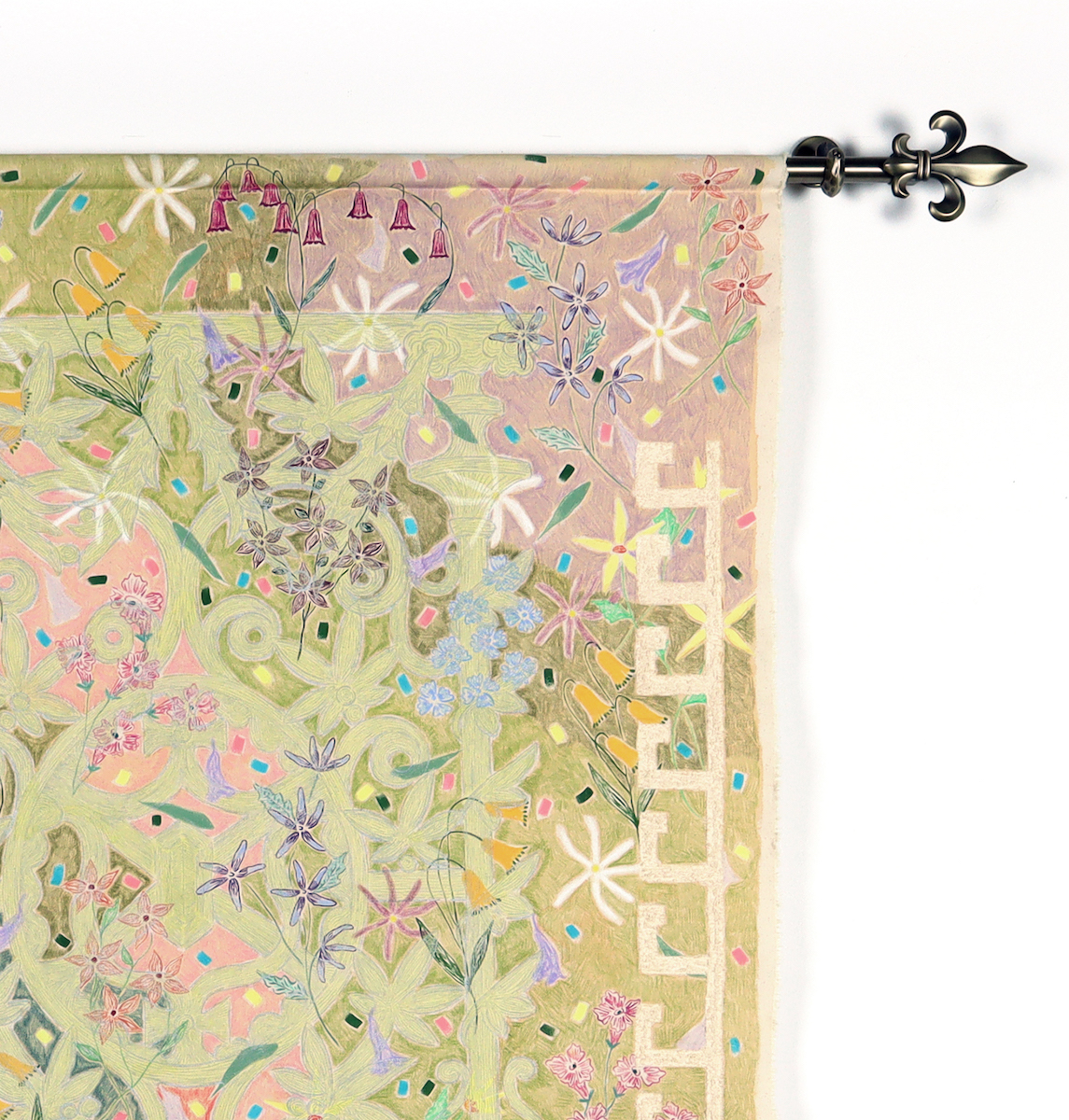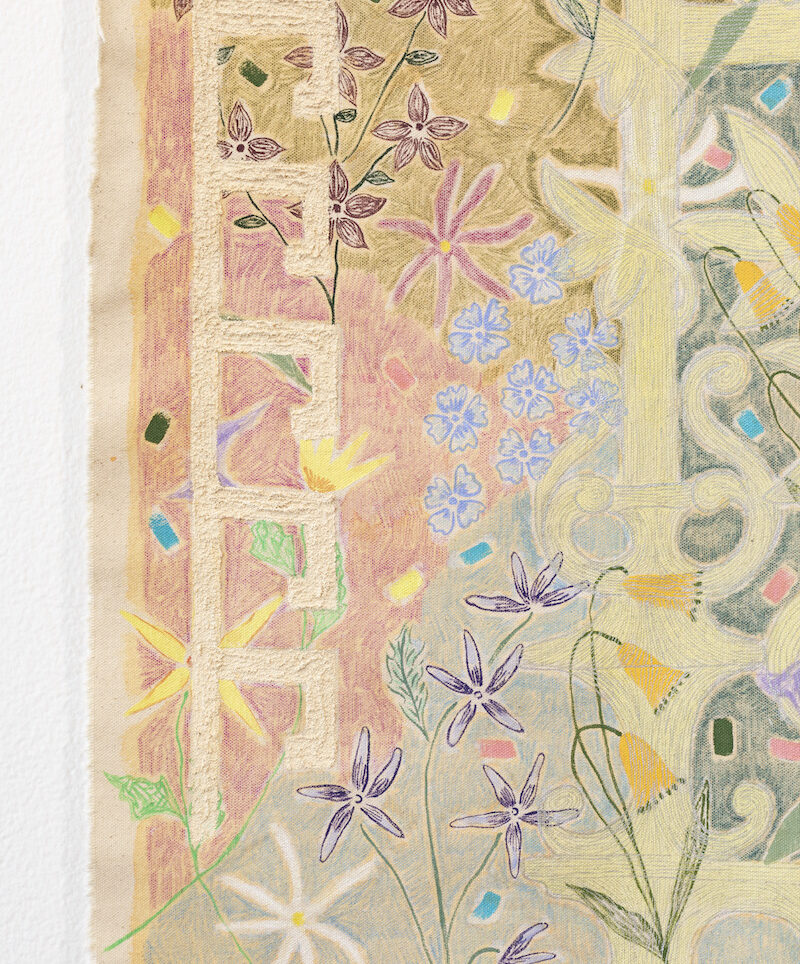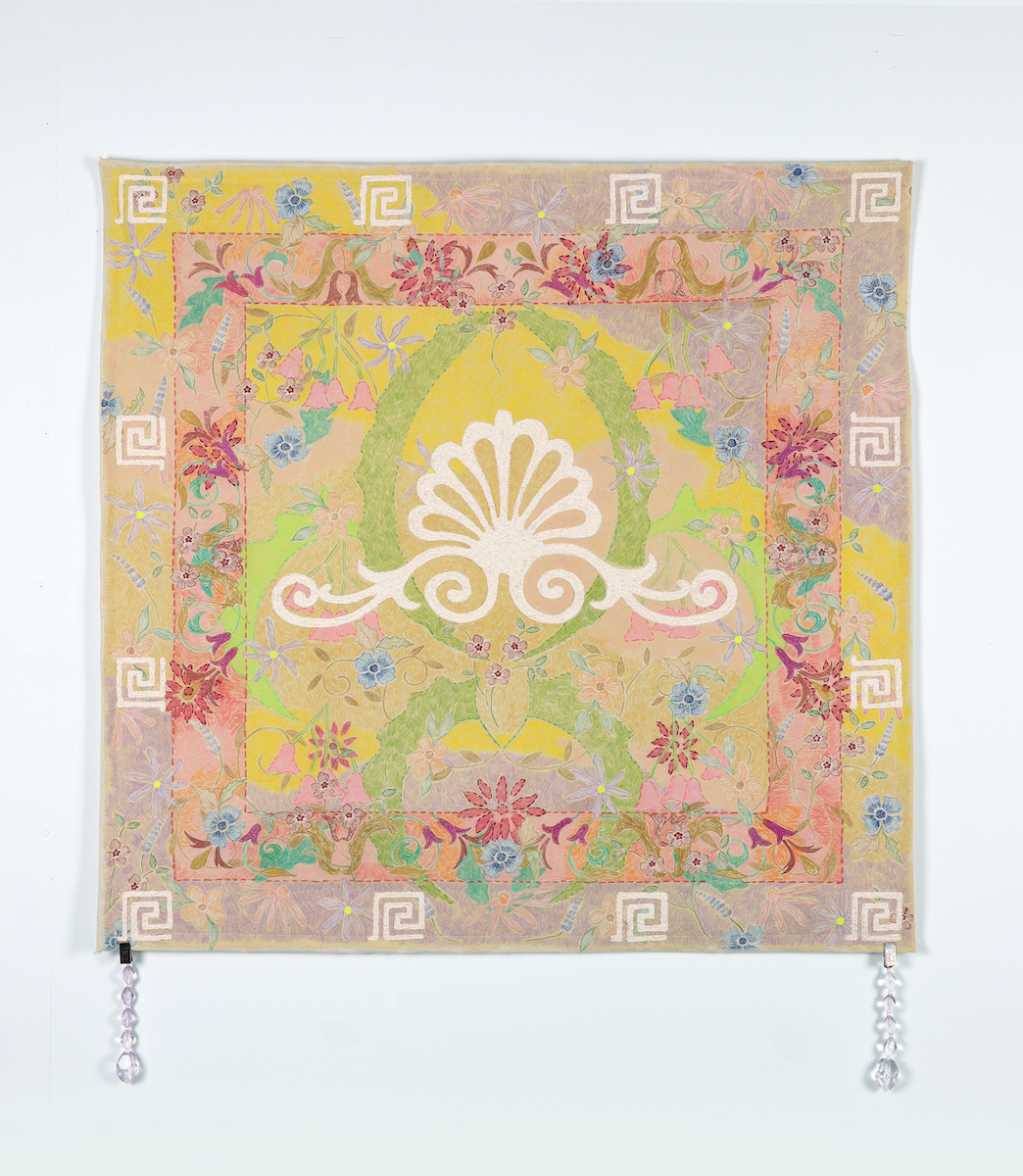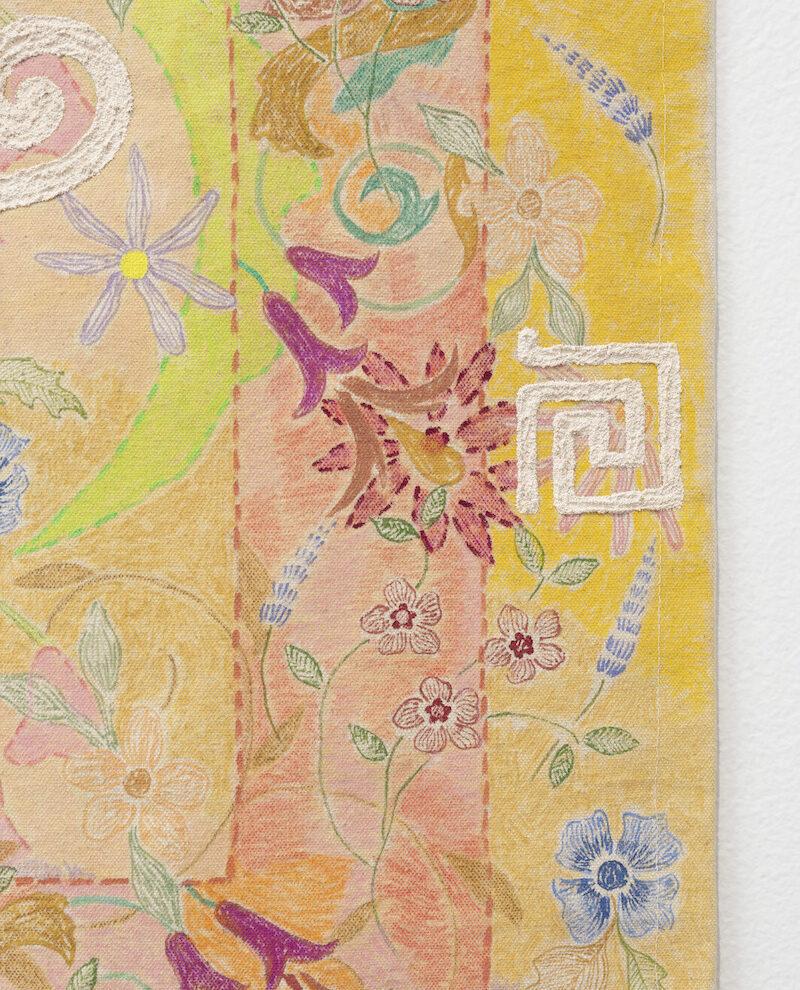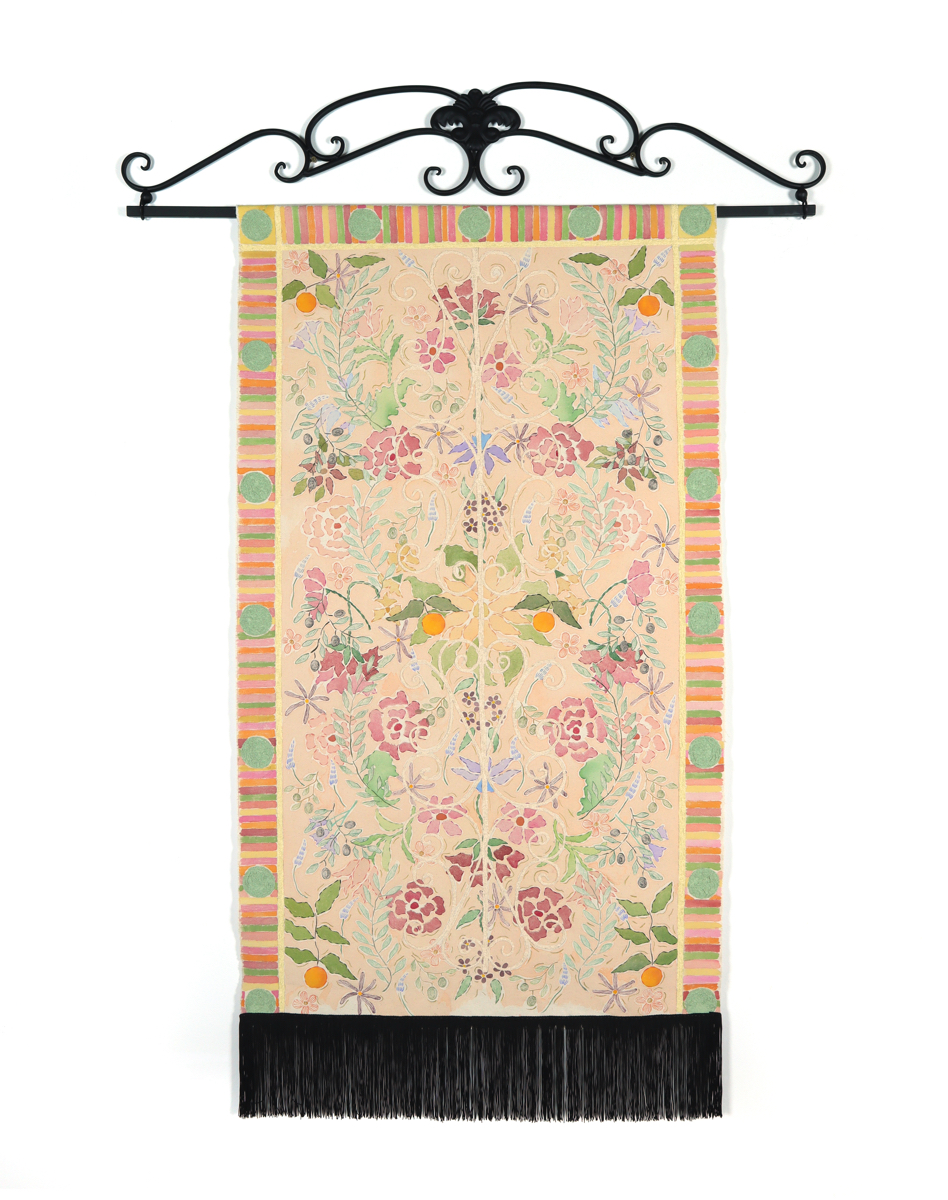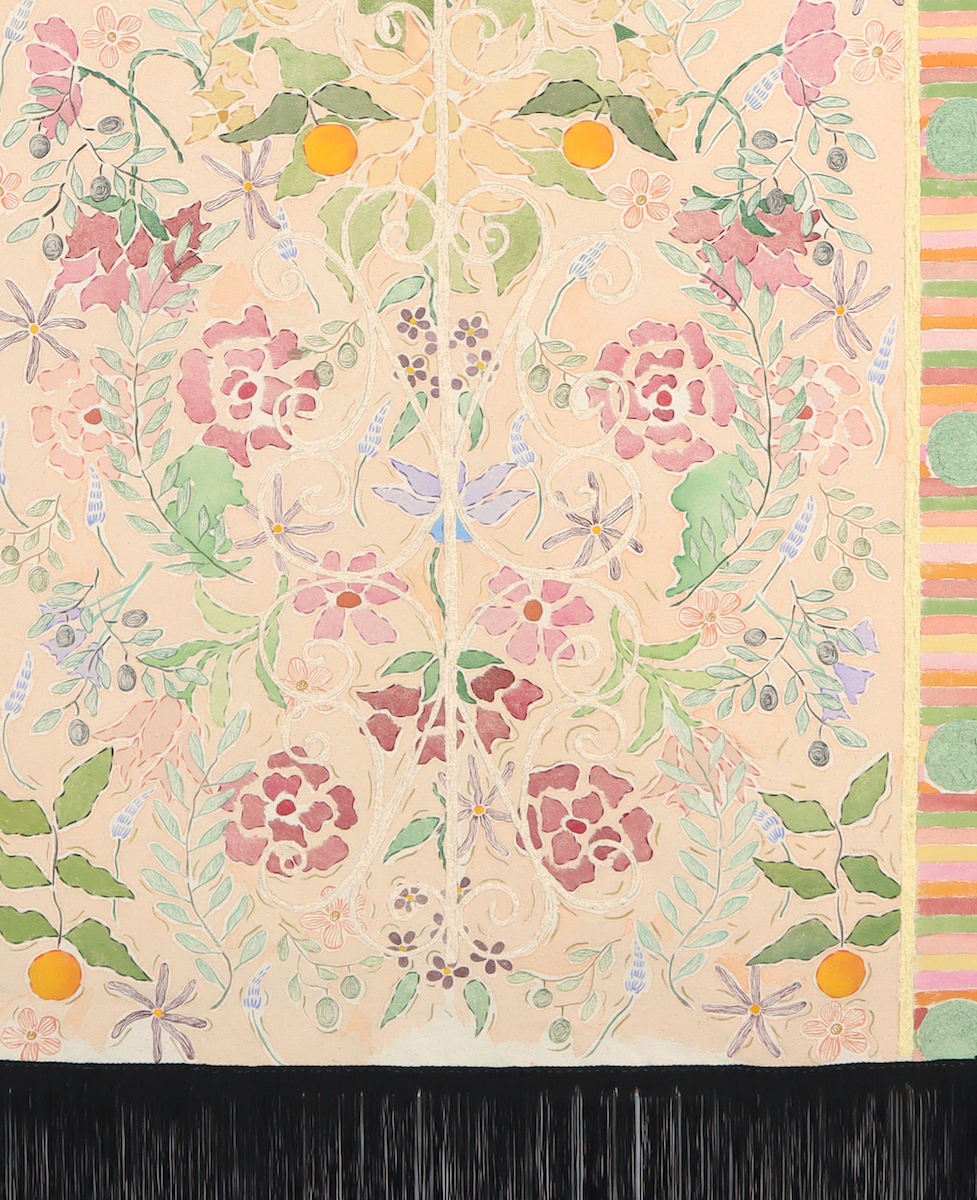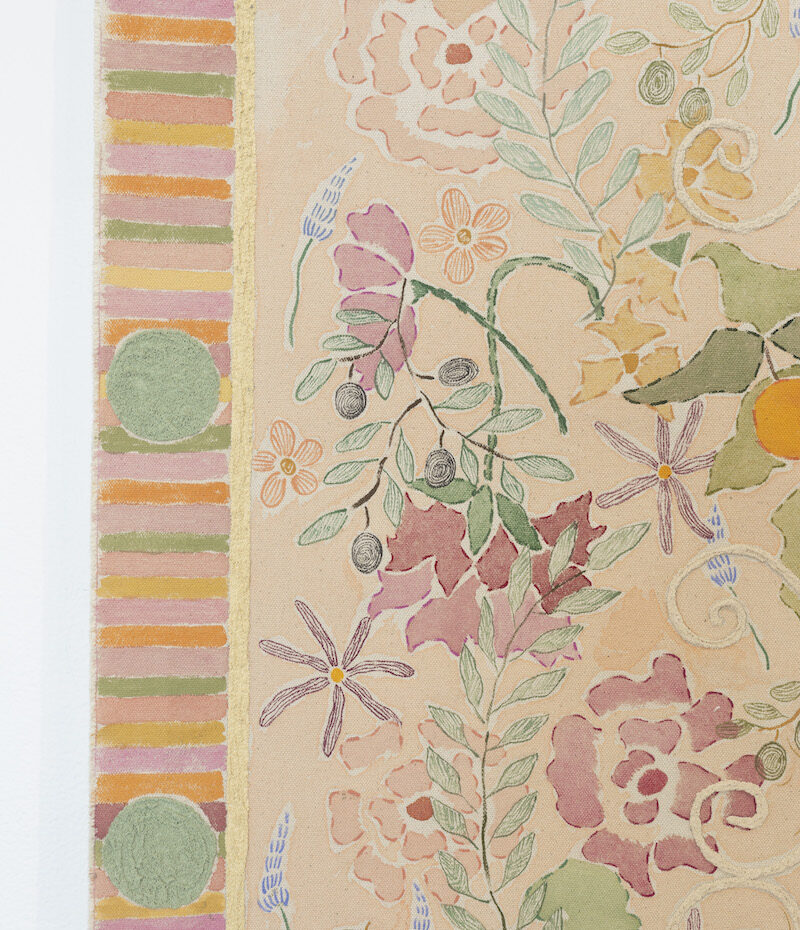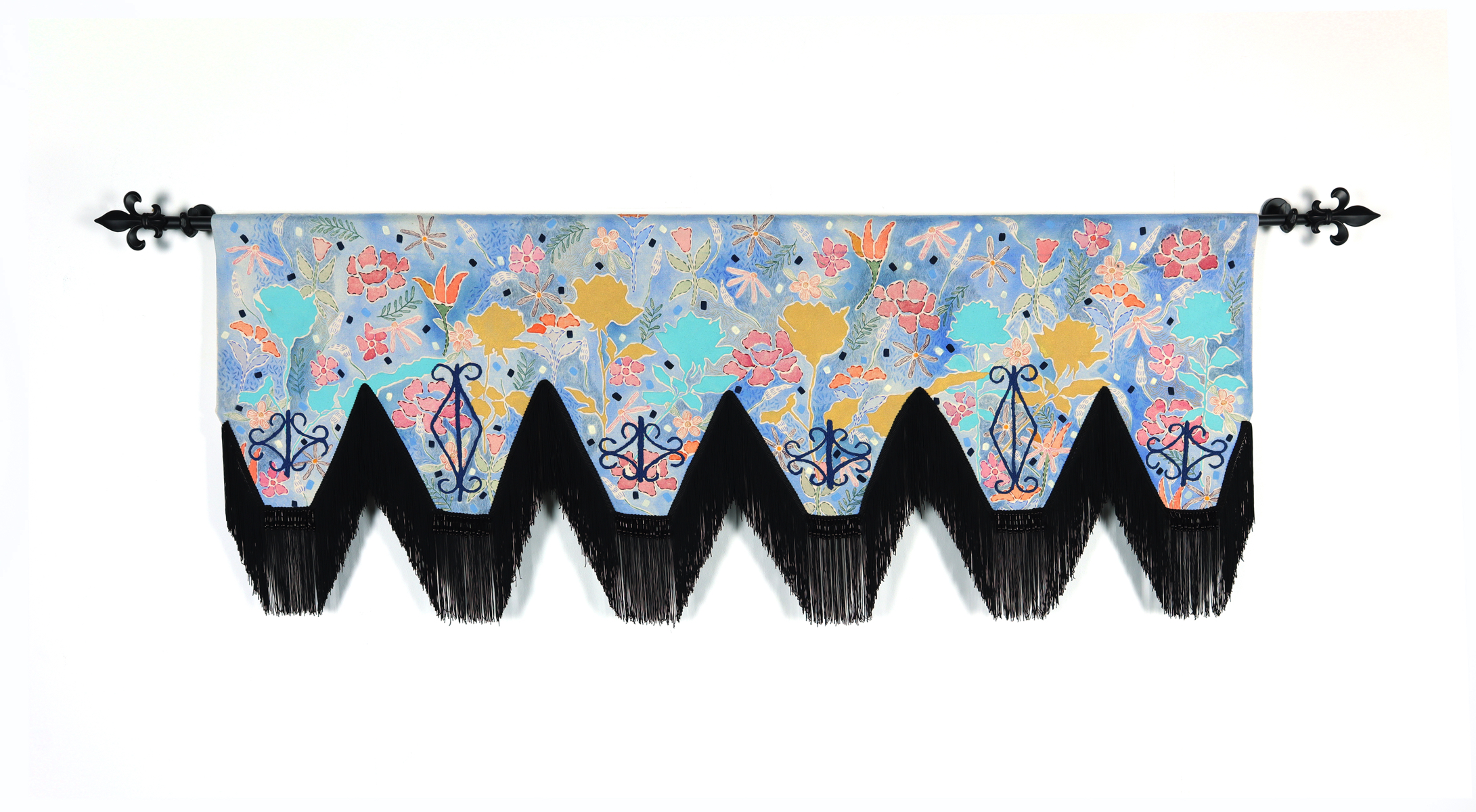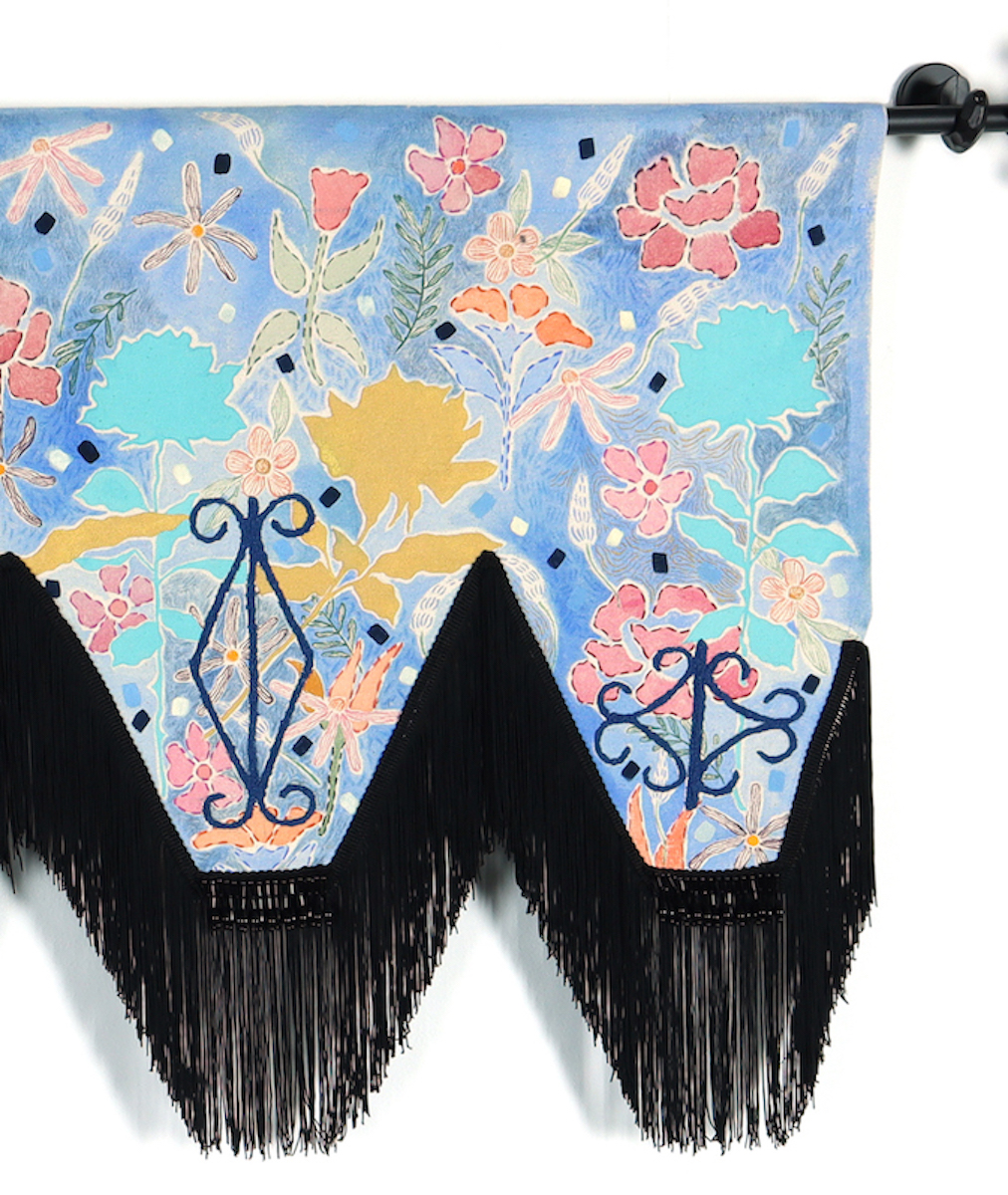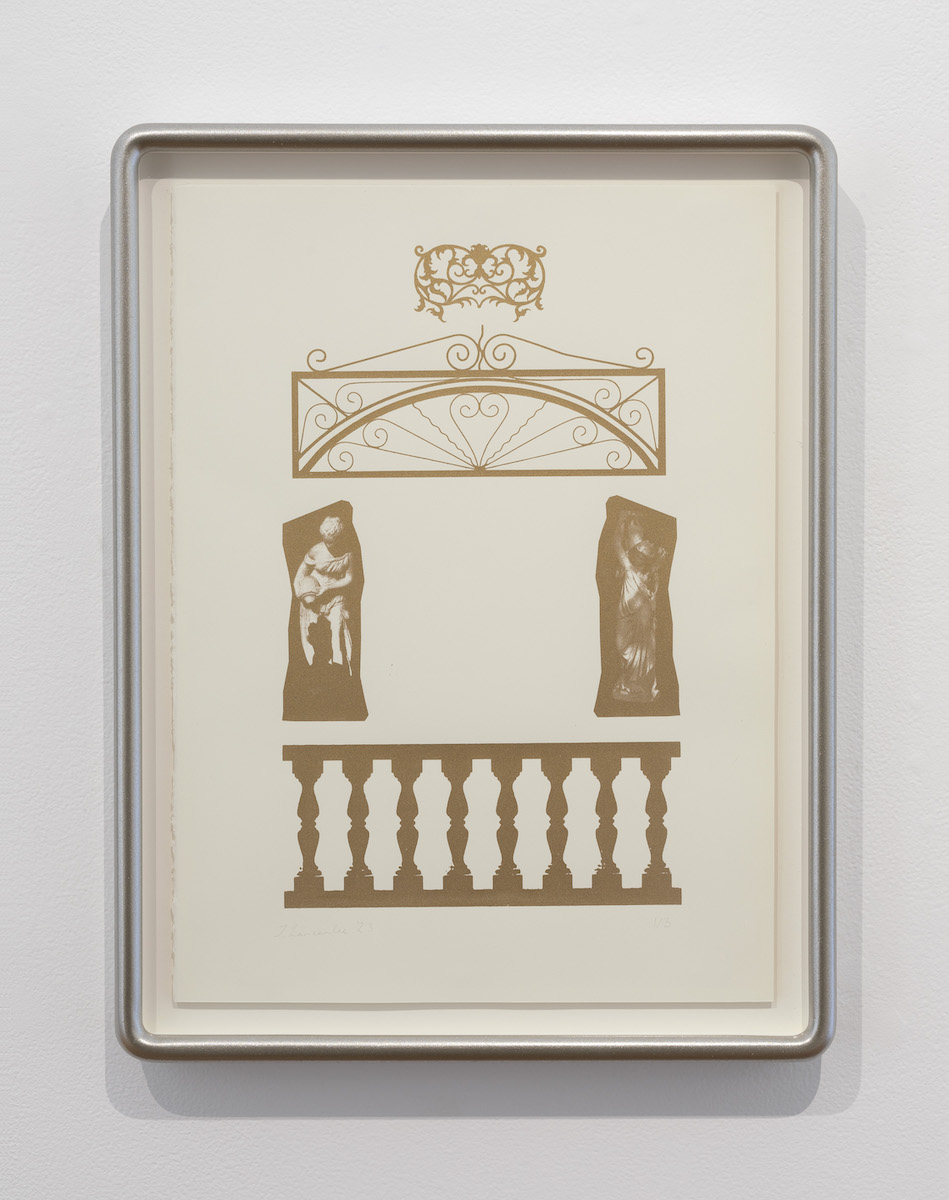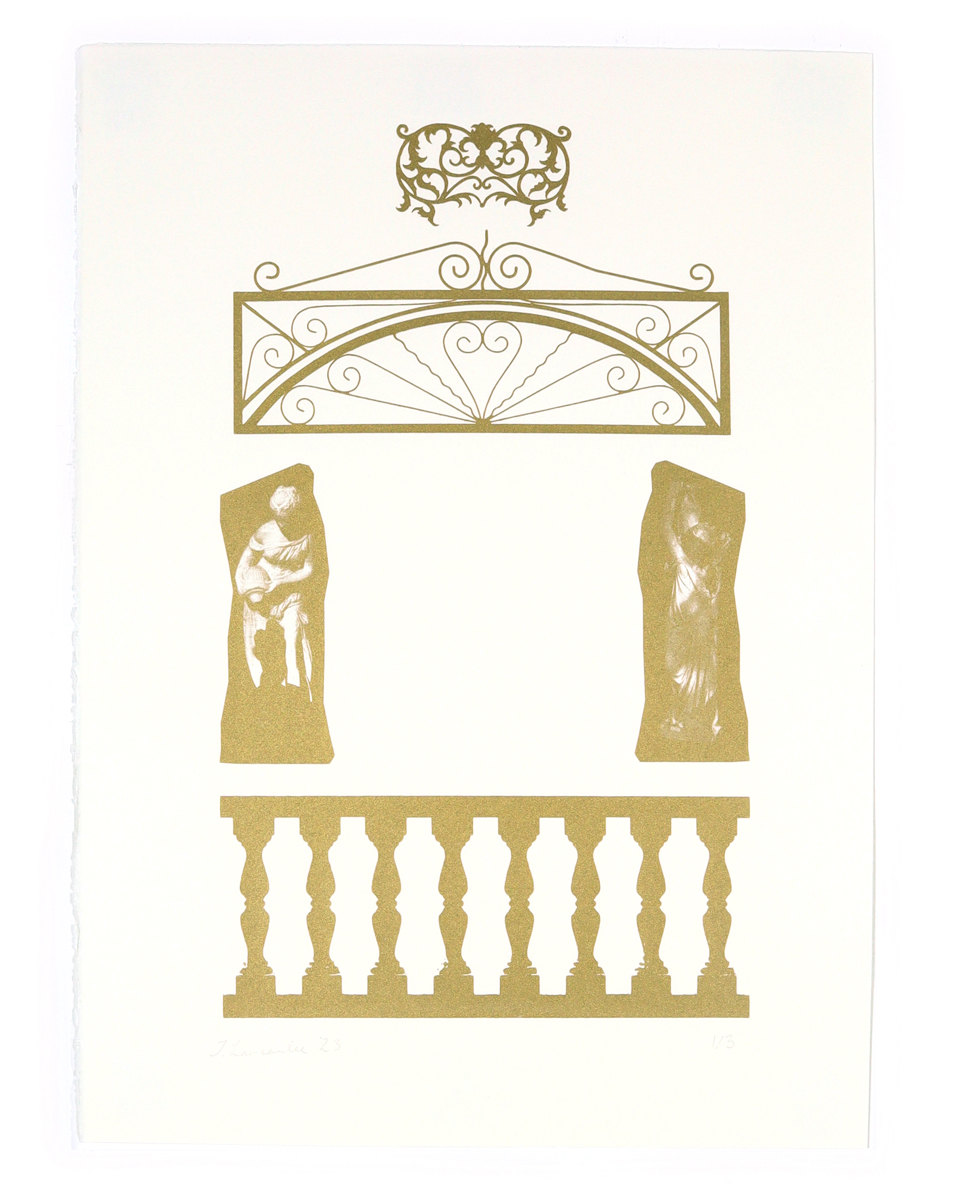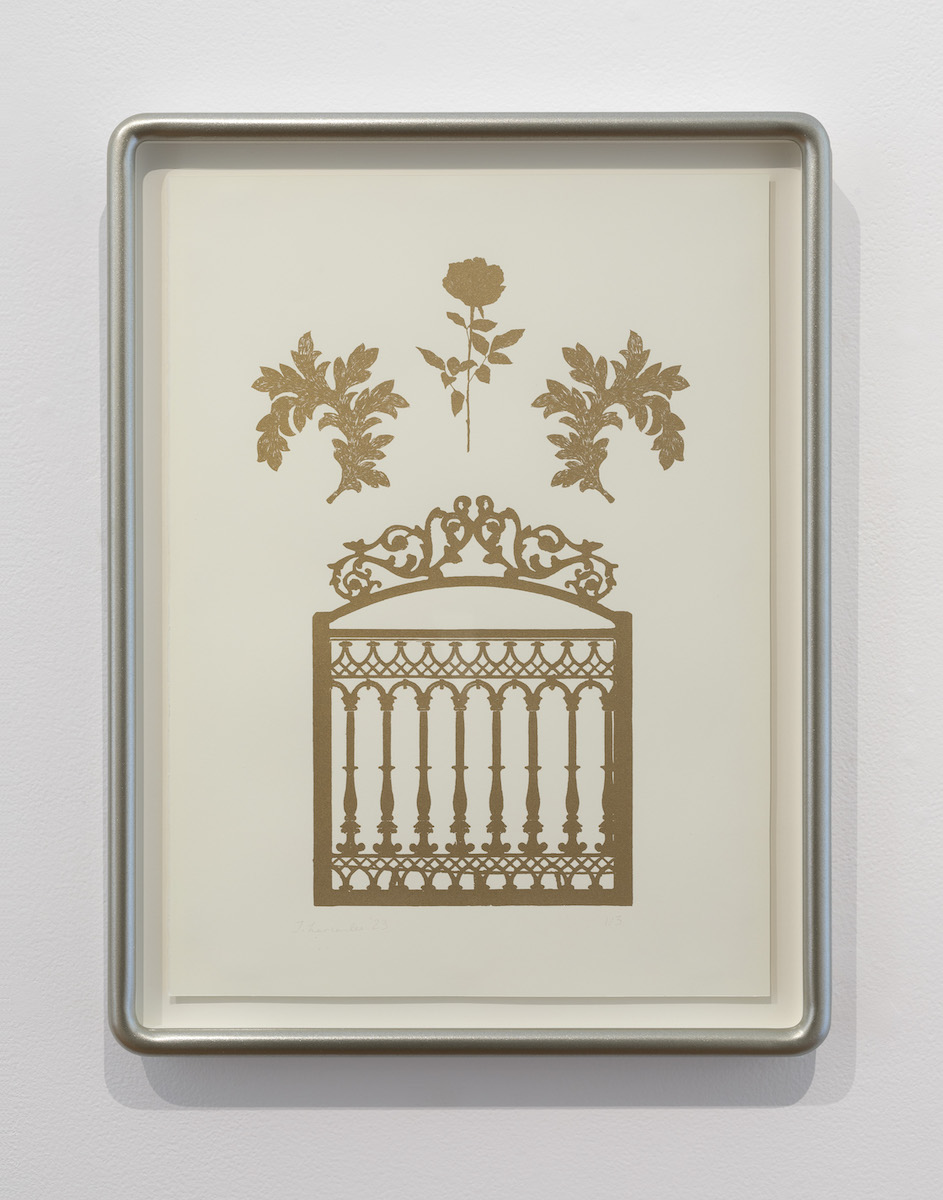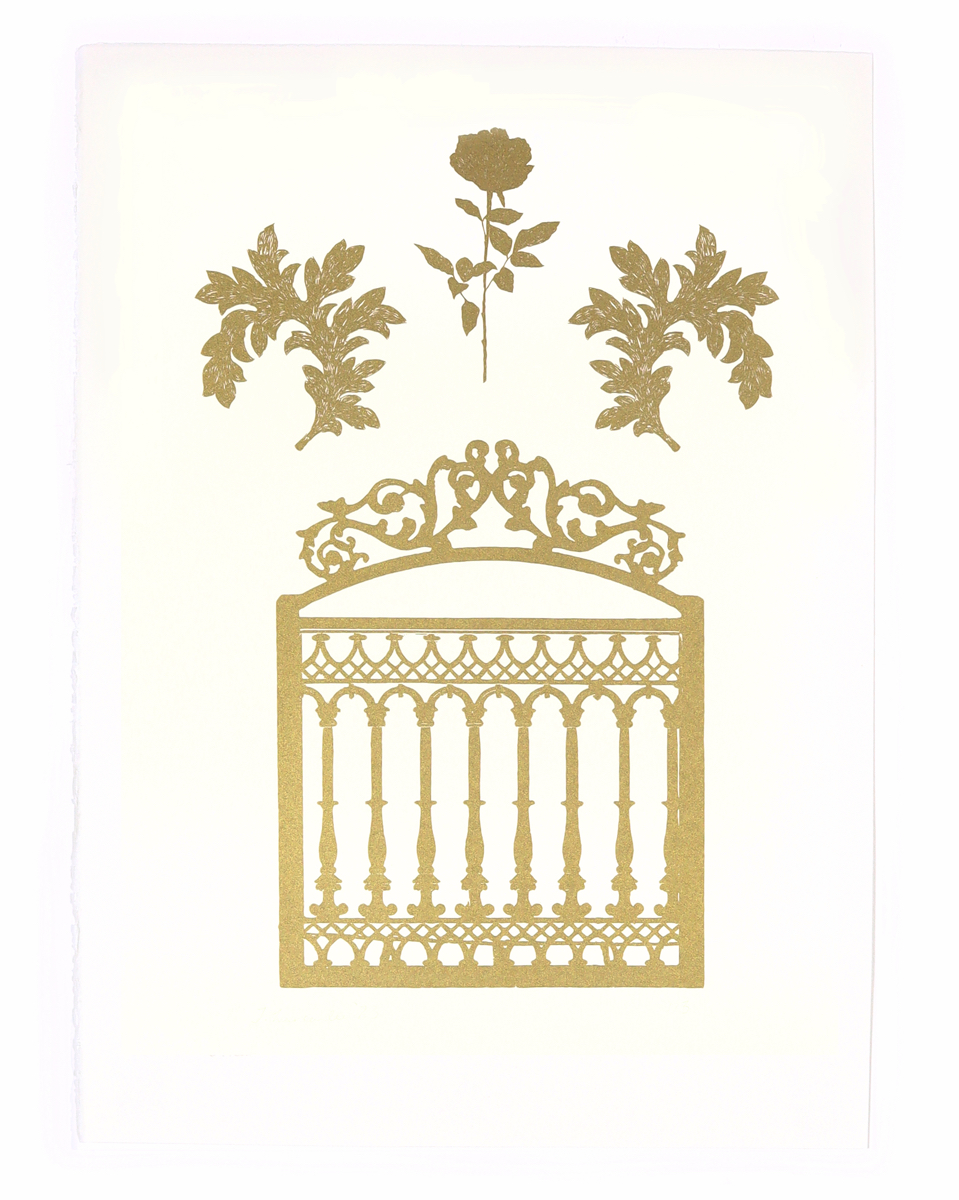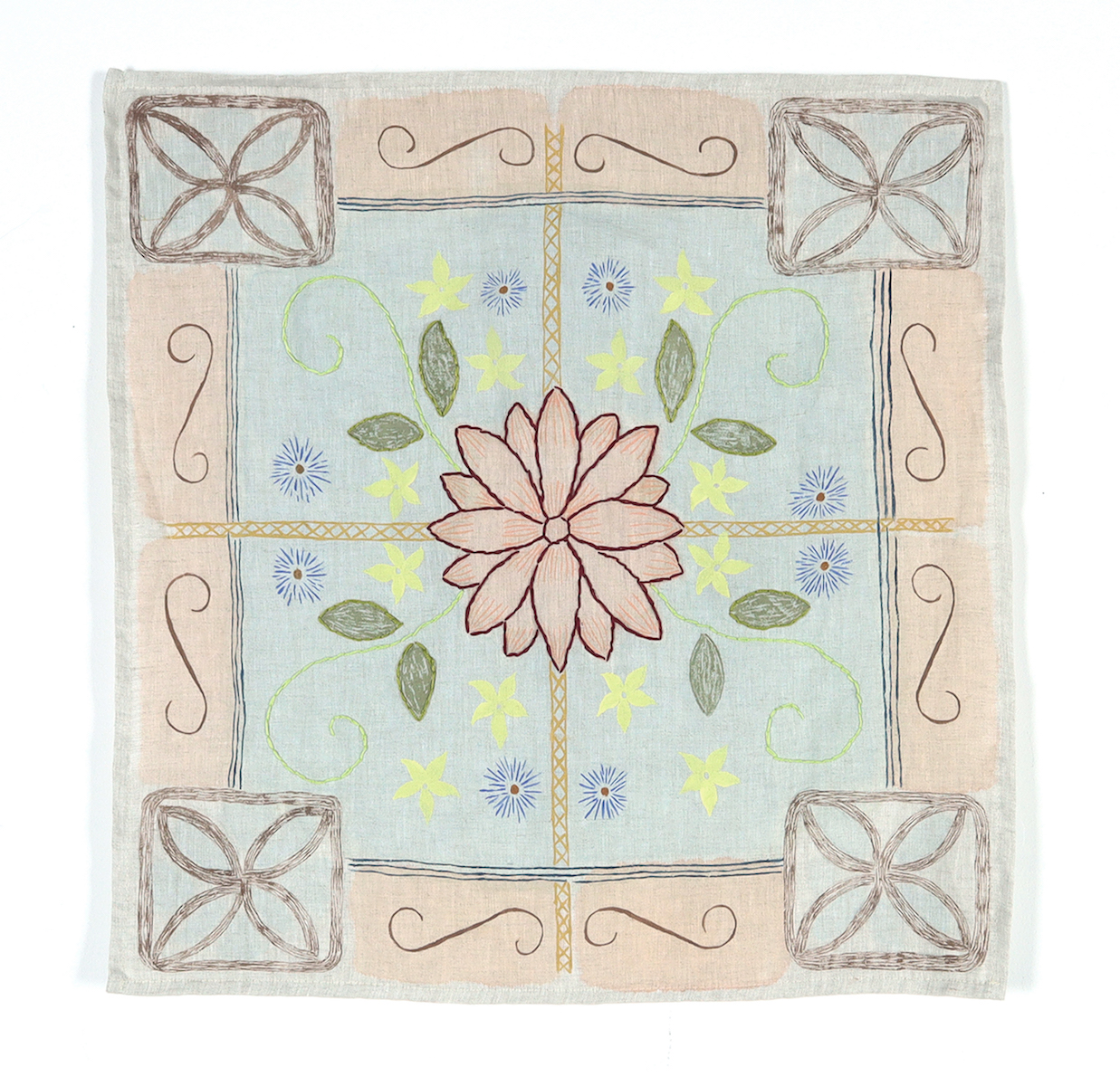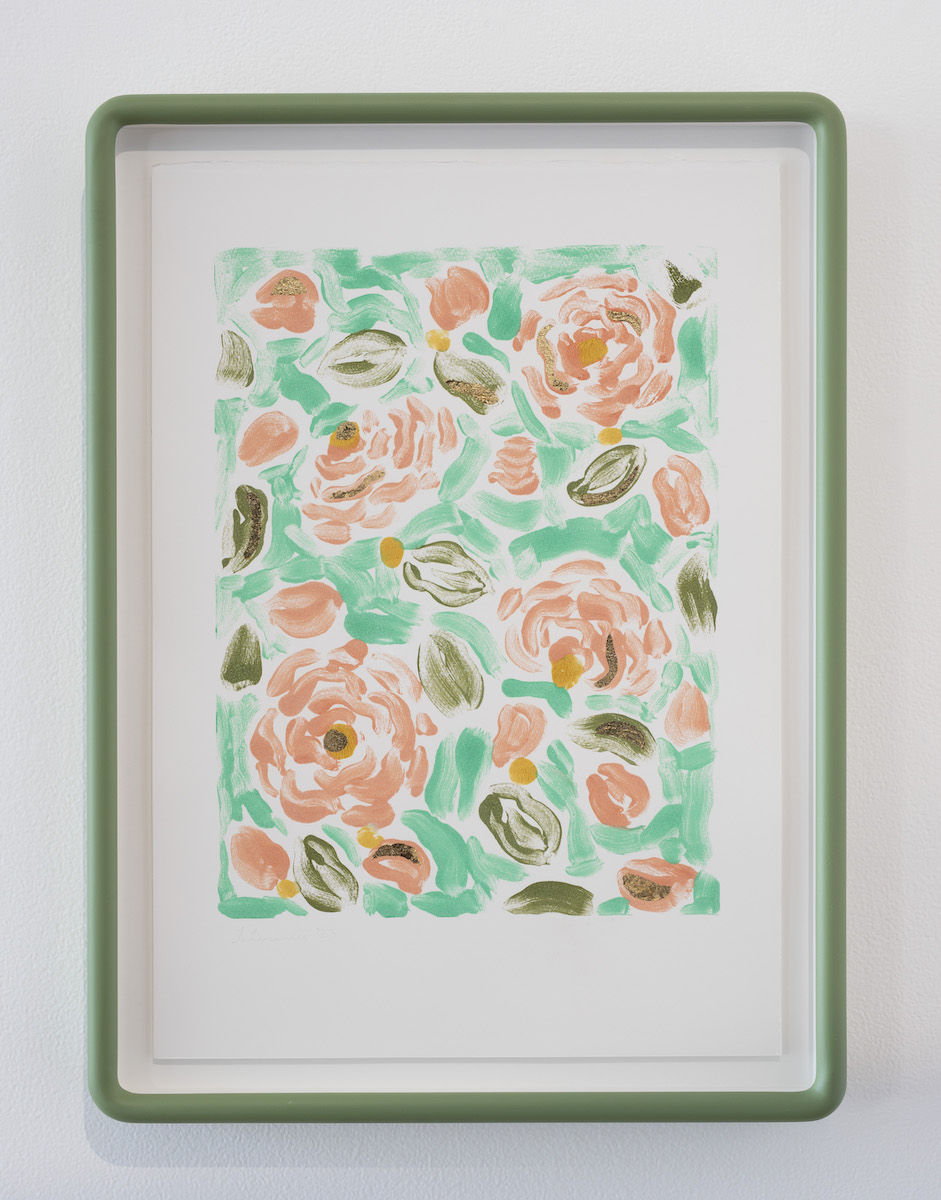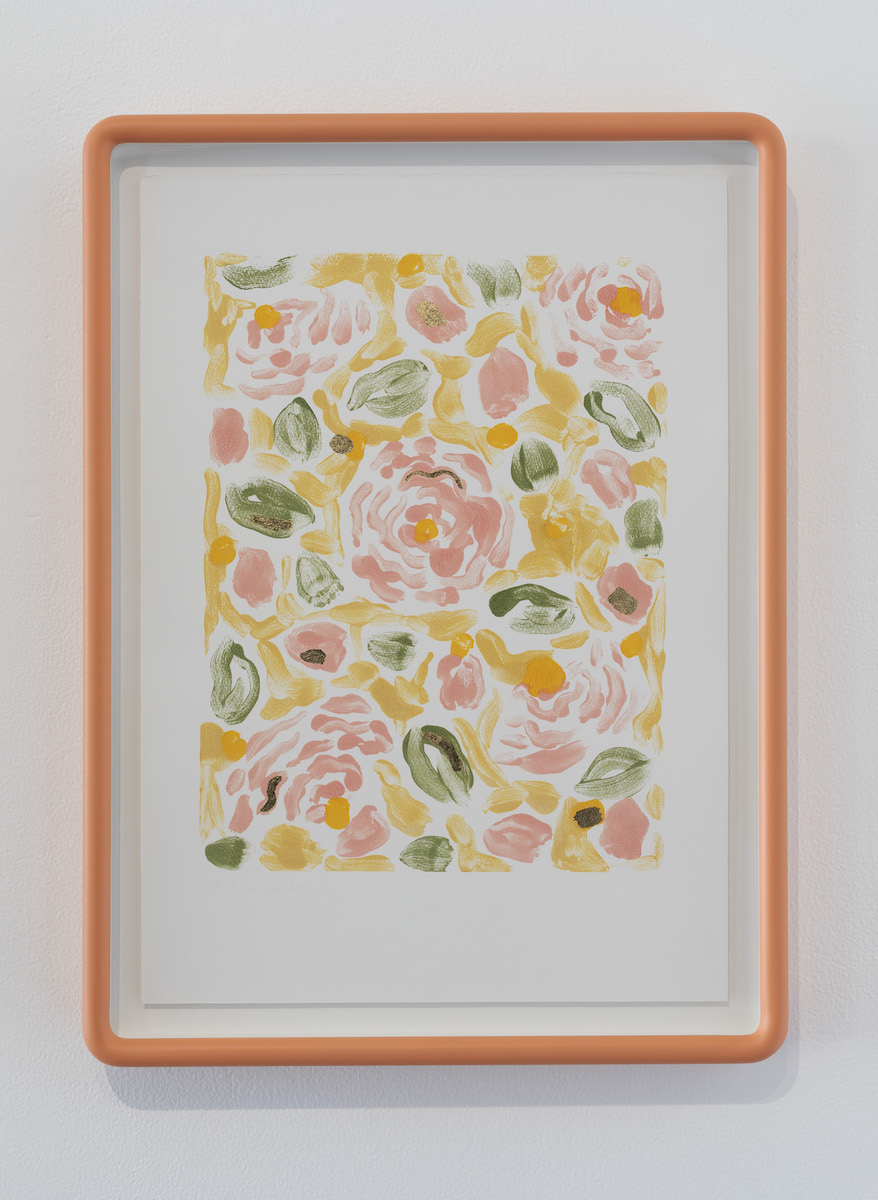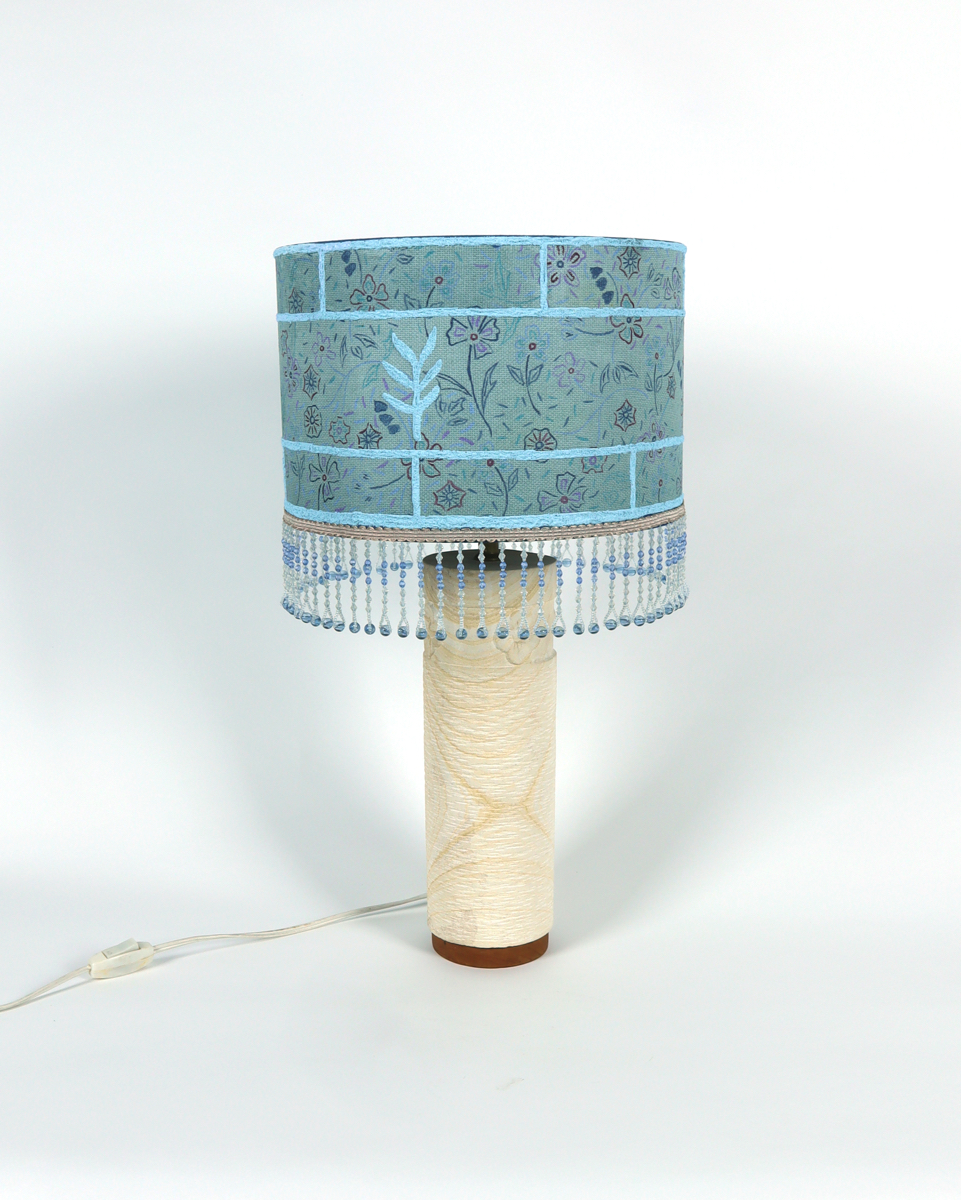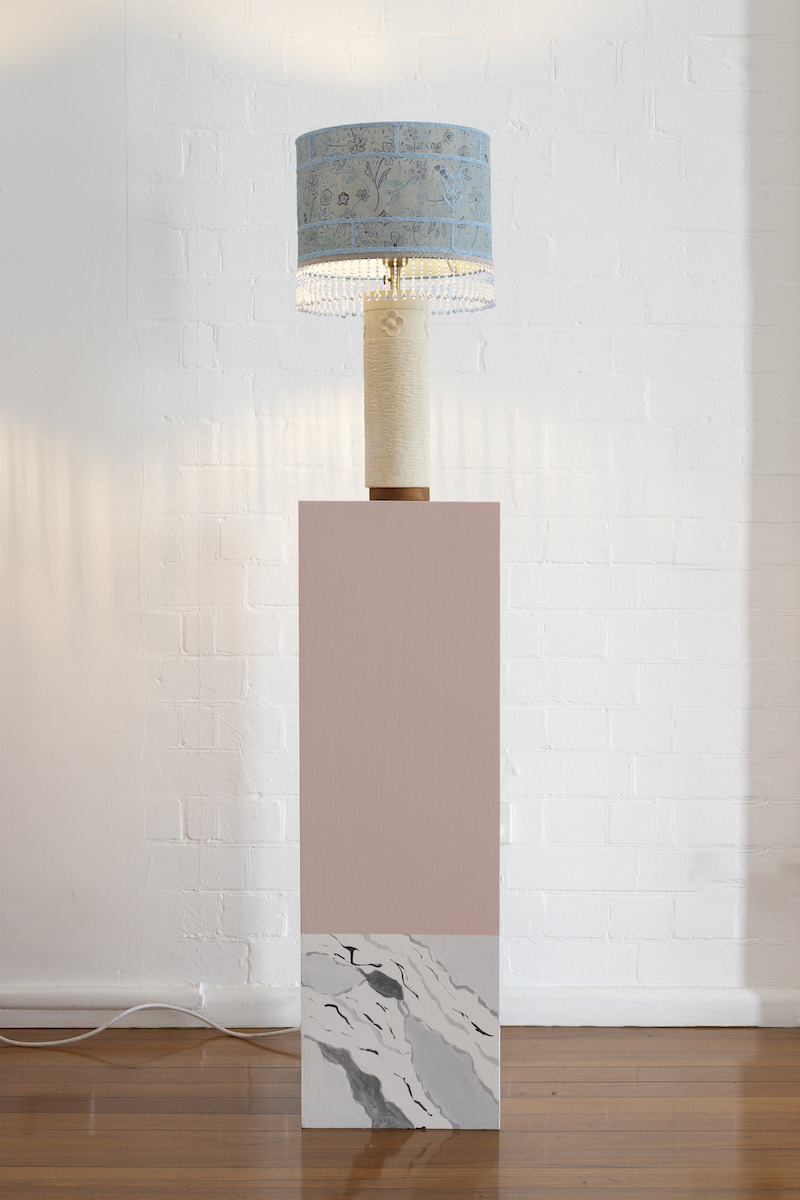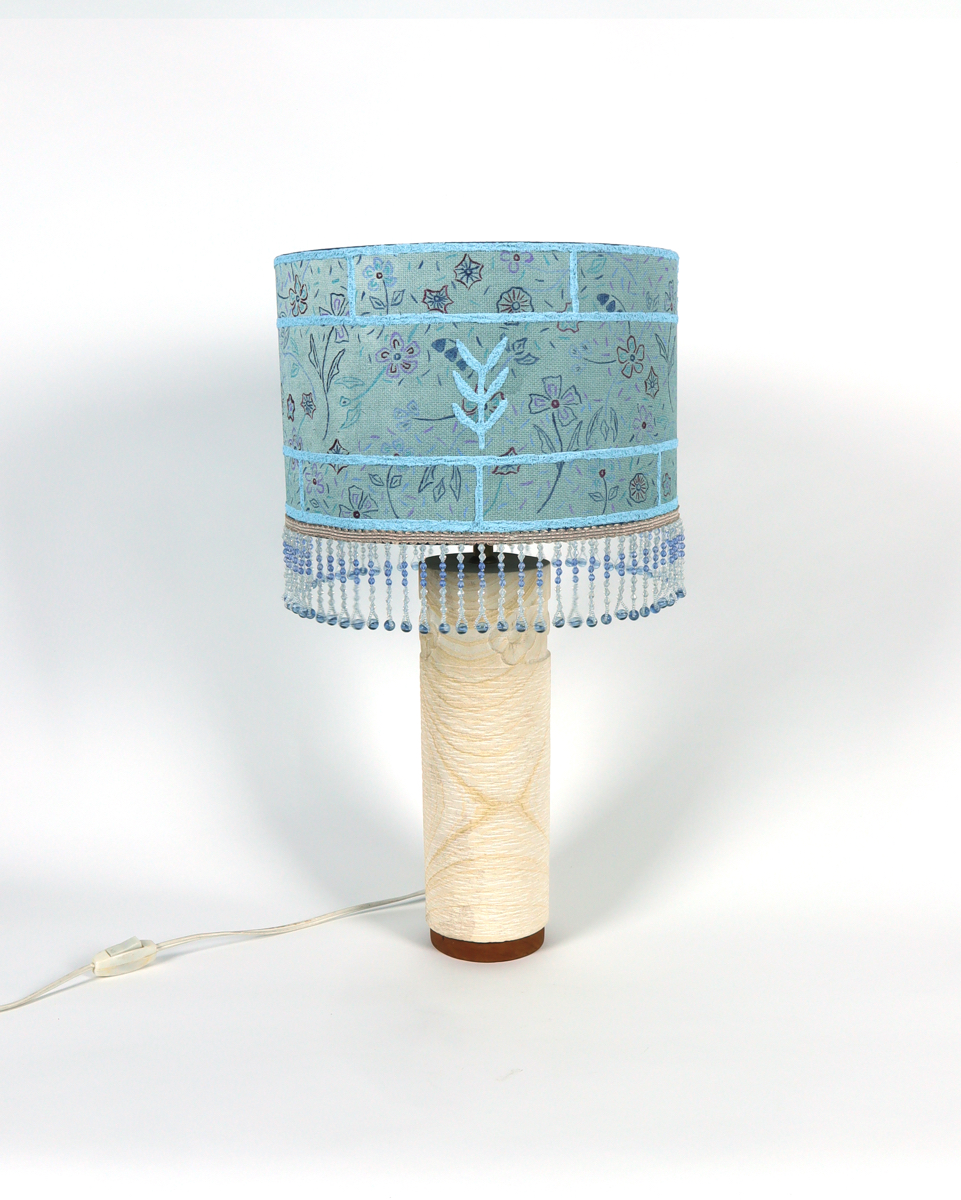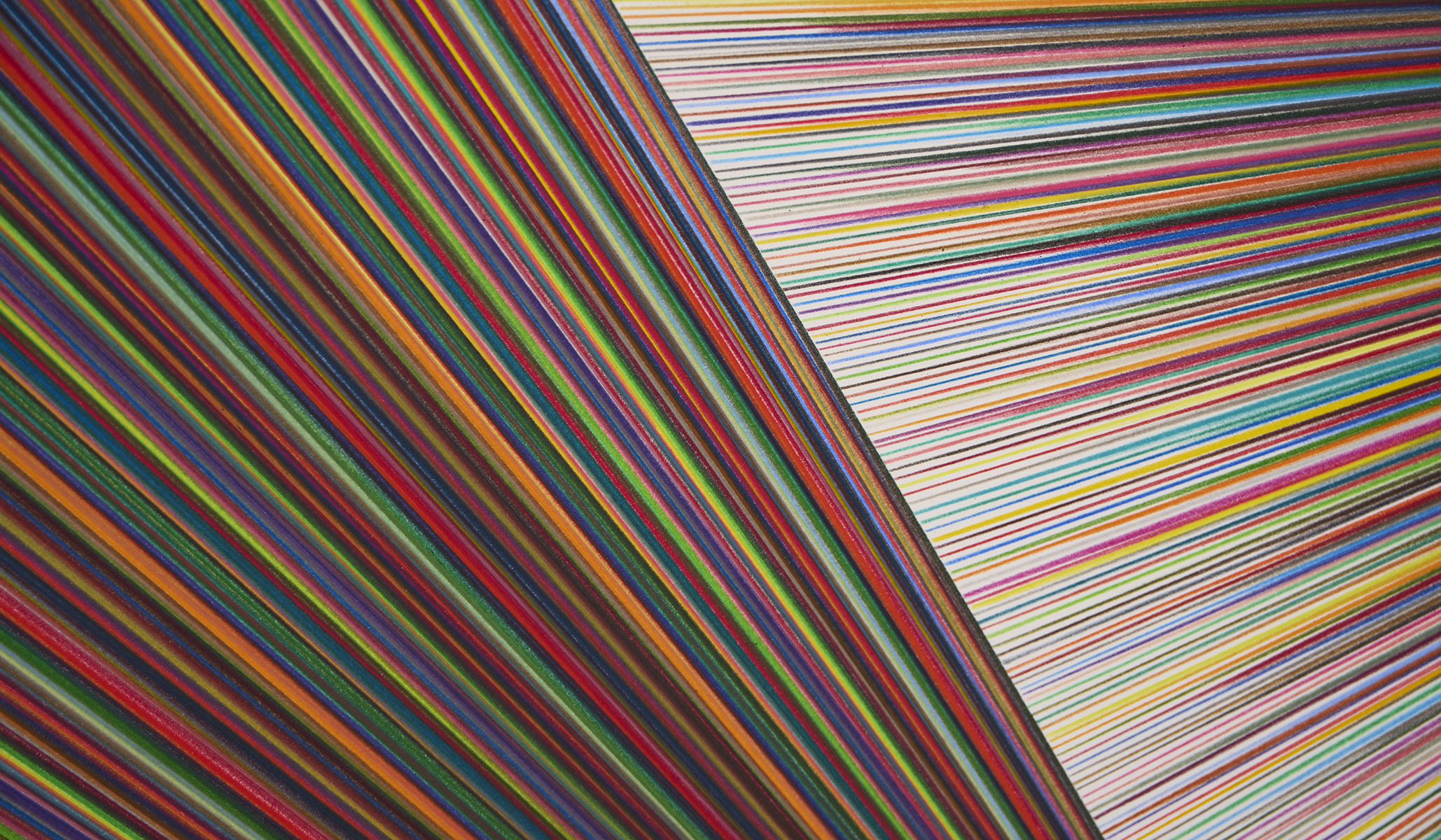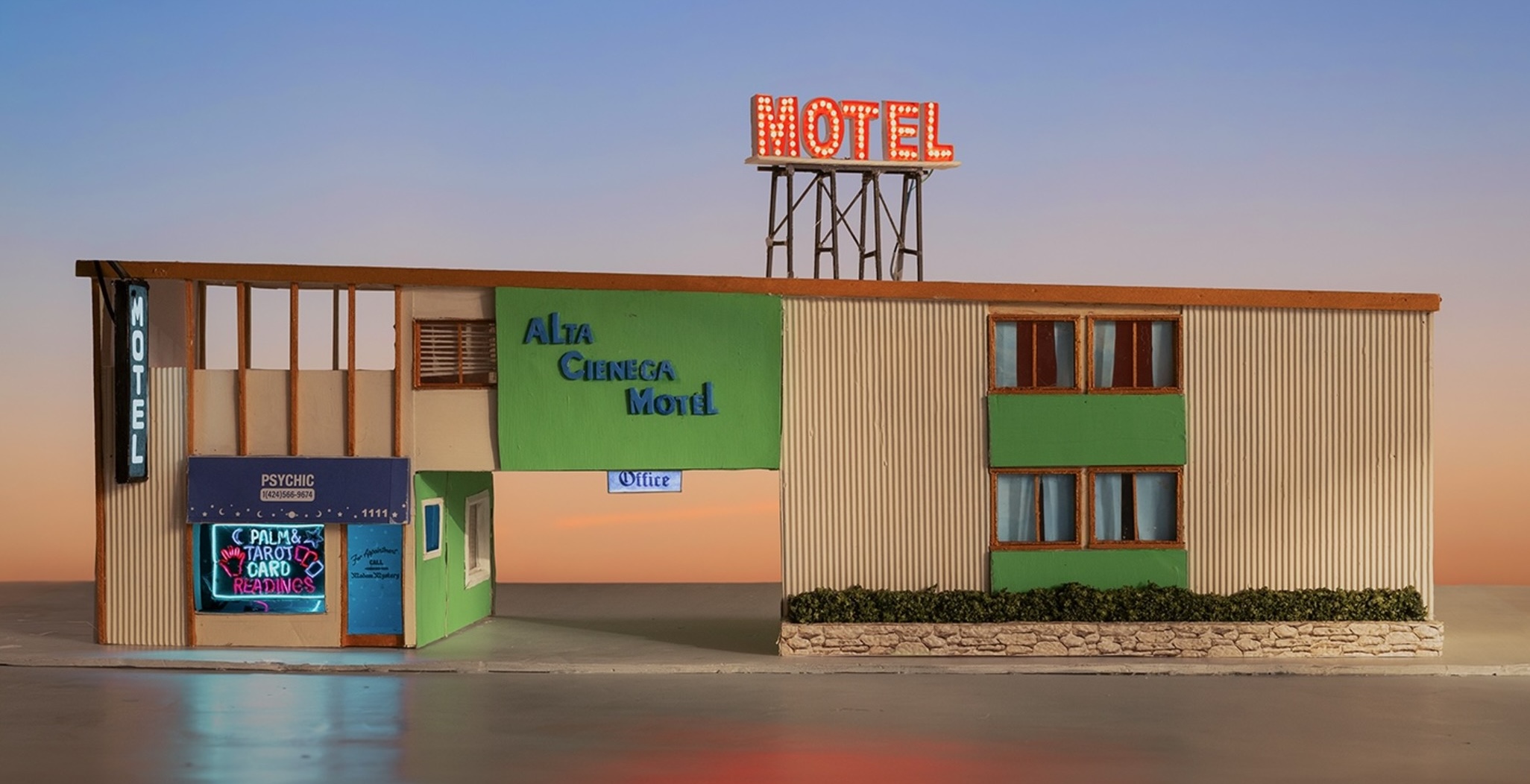This October, Artereal Gallery is excited to present a solo exhibition by Jacqueline Larcombe, the recipient of the 2022 Artereal Gallery Mentorship Award.
Exhibition Opening: Saturday 7 October from 2 – 4 pm.
Jacqueline Larcombe brings the everyday worlds of local places to her painting and printmaking. Her art is a response to the way people leave visual marks of their daily lives on urban spaces.
If our houses and gardens are “sets for living”, how we stage them, can intentionally – or not, reflect our time, place, tastes, and cultural heritage, in the facades, the gardens and interior dressing.
The suburbs of the inner South-Western Sydney are home to a large population of the post-World War II diaspora of Southern European migrants and their Australian-born families. It is where the artist, who has Greek paternity (her father’s family is from the island of Kos), lived for five years during her Master of Fine Art studies. The area is characterised by nostalgic architectural flourishes evident from the crossover of Greco-Roman visual languages that are familiar from the pasts of the home-dwellers and their parents with Australian vernacular building styles.
The works in Columns and roses began in Earlwood. The locale influenced Larcombe’s Garden portal and Suburban column paintings. The suburb is distinctive for a clash and confusion of building tastes, sources, styles and intention. Its built environment is a time warp – a moment in post-war social history, where relics of Federation, California bungalows, fifties’ brick veneer and now newer minimalist white-box houses collide. Irrespective of era and building style many are enhanced with disparate Greco-Roman embellishments.
Garden plantings of olives, citrus trees and vegetables abound among camellias and roses that border geometric paved and pebbled pathways. Prefabricated Corinthian columns, emulating their marble Greco-Roman originals adorn the white-painted, blue-trimmed cement render facades of family villas and suburban red or cream brick-veneer frontages. Cast concrete balustrades in neo-classical style edge verandas, porch steps and stairways. Iron security grilles and gates bare Doric, Ionic, Acanthus leaf or shell motifs. Water plays from concrete fountains, their bowls shaped like seashells, and white-painted concrete goddesses inhabit niches and adorn gardens.
In recent years, the artist has extended her focus to the urban fragments and seeds of the Southern European diaspora that are evident in her current neighbourhood area of Marrickville, Newtown, Stanmore and Petersham. She notes that the fragments are less dense and pronounced here, yet can still be found: “I’m interested in Ancient Greek reference points, a strange visual language which I decipher and notice on walks. Some are literal references like the shell and columns, others are personal, idiosyncratic.”
These many make-do monuments to a community of heritage are both inspiration for her art and opportunity for research and re-engagement with her Greek heritage. An aspect of her personal family history that is uncharted, fragmented and incomplete: “I see my engagement with Hellenic fragments as learning in reverse, a learning and connection that begins on a walk through the street…”
It similarly informs the ‘make -do’ style of her own art, which flirts with Kitsch; the German term that has been used to categorize art or commercial products that are a secondary version of an existing style, often from materials that are lesser or different than those of the original.
Larcombe much admires Arts and Crafts designers William and May Morris. The designer and artisan William Morris is known for his mantra “Have nothing in your houses that you do not know to be beautiful or believe to be useful.” Both Morrises championed the hand-made and were acolytes of Victorian art critic John Ruskin who advocated the relation of art to use and the house as a monument to the life and history of its maker.
Larcombe favours the nostalgic muted palettes and patterning of the Morrises that she knows from books, gallery collections and op-shop retro textile and ceramic finds. She taps into the crossover which exists stylistically between neo-classical Greco-Roman motifs founded in geometry and elements of the natural world and the very similar sources adapted by Morris and the Arts & Crafts Movement in nineteenth and early twentieth century Britain.
The artist has mined the artistic ethos and histories of the Arts and Craft movement and her own cultural heritage for the works in Columns and roses to create a unique collection of paintings, prints and objects, conceived and presented as quasi domestic furnishings in a mix of textile and painting modes and techniques.
Her works include hand-painted flowered lamp shades, faux marble plinths, and prints and paintings in the guise of drapery, hangings, valance and floor runner. In the Artereal exhibition she has overlaid the gallery’s door and window with vinyl grille and balustrade decals that integrate Greco-Roman and contemporary love-heart motifs devolved from the customised suburban aluminium floral gates and cast-iron security grilles seen on her neighbourhood walks.
Larcombe’s palette is soft; her colours muted by infusing with white, evoking a patina of time and distance and inference of reverie. A sense that is intensified by the intricacy of her mark-making, use of patterning and dense all-over painting style. When coupled with her immediate, free-style drawing and multiple or ambiguous perspectives, the artist’s approach is almost diaristic; memorialising, recording, replicating… Her works and their motifs functioning as story boards and memory holders.
Irrespective of her selected style references and sources, at its essence, Larcombe’s art is distinguished by a joy in the beauty of creative labour and the hand made, and in beautifying of the everyday.
Barbara Dowse
Curator
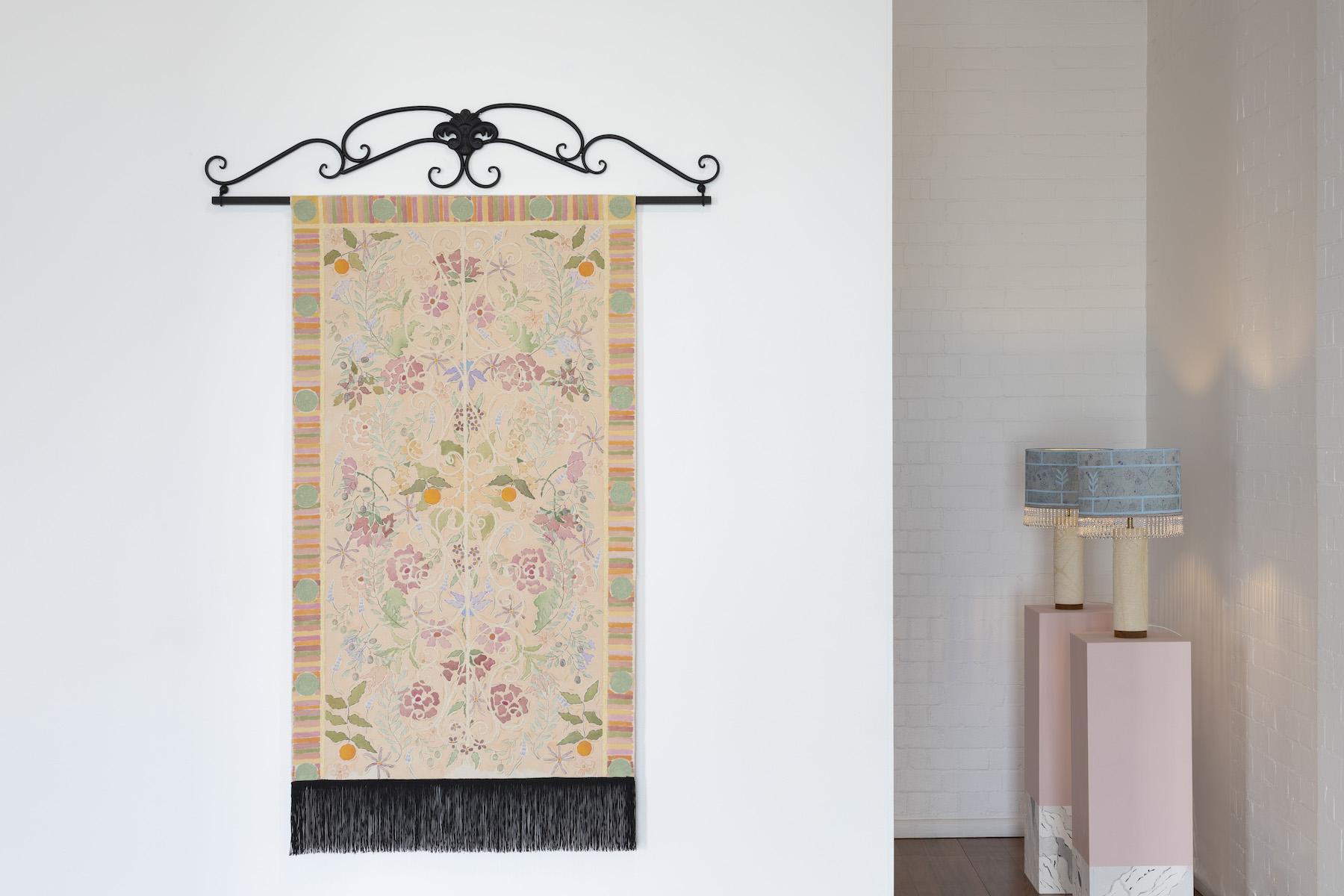
All prices are in Australian dollars and inclusive of GST.
Delivery costs not included – please contact the gallery for assistance with delivery.
Prices are correct at the time of publication but may be subject to change without notice.
For sales enquiries email: info@artereal.com.au
Garden portal
acrylic, gouache, pencil, calligraphy ink, coarse medium, canvas, metal rod
118 x 116 cm
Security gate shell
pencil, acrylic, gouache, coarse medium, glass weights, on canvas
92 x 78cm
Olive and kumquat runner
acrylic gouache, calligraphy ink, coarse medium, tassel trim, canvas, metal rod
151 x 112cm
Winter rose valance
acrylic gouache, coarse medium, beaded fringe, canvas, metal rod
171 x 60cm
Stanmore temple
acrylic, Fabriano Artistico watercolour paper 300gsm
53 x 39.4cm
ed.1-3
$1,250 (framed)
Marrickville gate
acrylic, Fabriano Artistico watercolour paper 300gsm
53 x 39.8cm
ed.1-3
$1,250 (framed)
Suburban column (blue and brown)
acrylic, canvas, wood, gold spray paint
243 x 36 x 8cm
Suburban column (purple and gold-yellow)
acrylic, canvas, wood, gold spray paint
243 x 36 x 8cm
Suburban column (maroon and green)
acrylic, canvas, wood, gold spray paint
243 x 36 x 8cm
Suburban column (teal and pink)
acrylic, canvas, wood, gold spray paint
243 x 36 x 8cm
Pavement camellias #7
acrylic, imitation gold leaf, watercolour paper 300gsm
53.8 x 38cm
Pavement camellias #8
acrylic, imitation gold leaf, watercolour paper 300gsm
53.8 x 38cm
Blue floral lamp #1
acrylic paint, coarse medium, beaded trim on textile lampshade, stone and wood base
55 x 30cm dia
$1,200 (lamp with plinth)
Blue floral lamp #2
acrylic paint, coarse medium, beaded trim on textile lampshade, stone and wood base
55 x 30cm dia
$1,200 (lamp with plinth)

